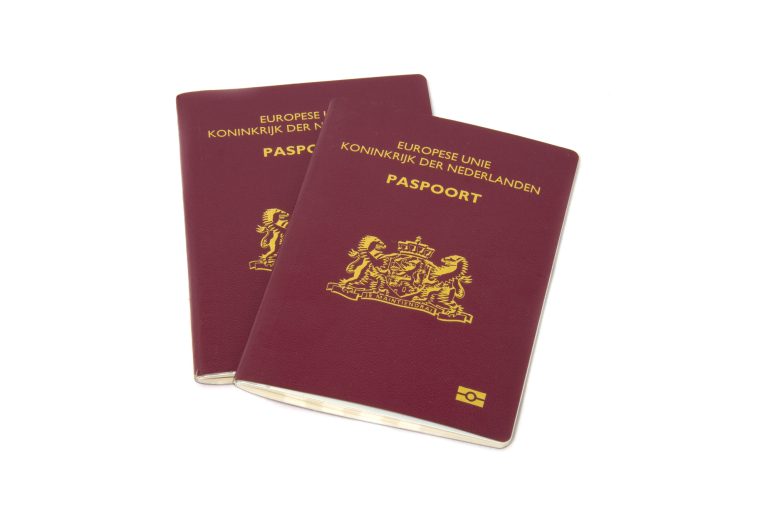According to reports in newspaper Trouw, more than 2700 Dutch people who are now living overseas have recently been unable to renew their passports because they have not been paying off their student loans. They are being compelled to contact the Dienst Uitvoering Onderwijs (DUO), the government body in charge of student loans, about paying off their debts. After coming to an agreement, they can obtain a temporary passport for 12 or 24 months.
In the worst situation, anyone who has significant payment arrears, lives abroad, and has student debt, will no longer be able to renew their passport at all. A quarter of all 100,000 former Dutch students who now live abroad have gone ‘missing’ for DUO, with their current address unknown. Almost 80% of this ‘missing’ group is running behind in paying back their loans. DUO can enter their passport into a register if their debt exceeds 5000 euros.
However, blocking passports because of debts is excessive, according to experts. Esther Peeren, professor of cultural analysis at the University Amsterdam can’t help but laugh as she talks about passport extensions for former students living abroad who owe at least 5000 euros in student debt. “If a Dutch person goes to prison abroad, we all provide diplomatic assistance, but at the same time we make life almost impossible for other Dutch people abroad, and that for a relatively very small amount.” Peeren has already published a critique of the government’s actions. “It is too little money to use such a heavy investigative tool. A valid passport is part of your citizenship. If you block that, you limit people’s freedom.” The National Ombudsman also criticizes the service’s actions.
Passport renewal is only feasible once a debtor contacts DUO to set up a plan. This frequently results in problems for the former students involved, as many simply cannot pay back their debts. Some people have lost their jobs or had to leave the country in which they lived, or had to remain there illegally, because they did not have a valid passport.
Although the student union LSVB acknowledges that DUO’s wish to prevent non-payment is understandable, it asserts that actual usage demonstrates that this policy has “really trapped” some ex-students. “At the same time, this shows how detrimental it is that students have had to work themselves into enormous debt during their studies,” says chairman Joram van Velzen. “Individual circumstances should be taken into account much more when paying off a student debt.”
According to Trouw, it’s normal for students to have student loan debts, as the government has professed the message that taking on long-term debt for education was acceptable. The thought was ‘no worries’. Now that former students’ passports are blocked, professor Peeren is furious about this. “That loan was always treated with a lot of light-heartedness; it was even referred to as an advance. It now appears that this loan has much greater consequences than people could foresee at the age of 17 or 18.” She also points to the danger of unequal treatment: “For people with multiple passports, for example, this measure will be less likely to have an effect, just like for people who live within the EU and have an identity card.”
Ewald Engelen, a professor of financial geography at the University of Amsterdam, observes two phenomena while reading the accounts of former students. “The Dutch state is extremely strict when it comes to small debts and extremely generous when it comes to large debtors such as banks and multinationals.” He also considers that former students are often not dependable debtors, as their financial situation may be unstable. Engelen explains that one could argue that the government is an unreliable creditor in and of itself. Consider the complicated implementation of the loan system, followed by the half-hearted reimbursement policy. “Then you get this kind of problem. I agree with defaulters. I’m sure that if they bring this up with the Commissioner for Human Rights, the students will be vindicated.”
Written by Nicole Kerr
